United States: On Monday, the U.S. Supreme Court is poised to address the nation’s homelessness crisis head-on during its assessment of local ordinances restricting people from camping, sleeping, or setting up shop on public areas such as streets and parks in a case involving the city of Medford’s vagrancy policy.
Case Background
The court of nine justices will consider a suit from Grants Pass, Oregon, which disputes a lower court’s ruling requiring the city to stop enforcing a camping ordinance against homeless people when there is no available shelter space as a violation of the U.S. Constitution’s Eighth Amendment regarding cruel and unusual punishments, as reported by Reuters.
Complex Social Issue
The case entails the nine justices striding through the path of the thorny and intricate social problem of homelessness that has been bothering city officials across the country. Cities and towns have a persistent shortage of affordable housing. On a single night, more than 600,000 persons are unhoused in the United States, as professed by the U.S. Department of Housing and Urban Development.
The issue concerns three major ordinances in Grants Pass, a small city with a population of 38,000, that limit camping and sleeping outside in the streets, alleyways, and parks. Trespassers would be penalized $295. Repeat offenders would be held criminally responsible for trespassing and subject to jail time that will not exceed 30 days.
Legal advocates of the homeless and several liberal legal groups are those that have alleged sealing this sort of law as those which condemn an individual for being homeless and for things which he or she cannot control due to circumstances like sleeping in public. The cases that had a Supreme Court decision that the Eighth Amendment no longer allowed time to be a factor in punishment.
Supporters, including governmental officials and public safety advocates, have said that the laws are a tool to protect public safety. “The lower courts have ‘hobbled attempts to move encampments and overcome the homelessness crisis, thus exacerbating the issues,’ California Democratic Governor Gavin Newsom petitioned the judges in a written filing.
“There is no compassion in stepping over people in the streets, and there is no dignity in allowing people to die in dangerous, fire-prone encampments,” Newsom added.
Constitutional Challenge
This suit started in 2018. It was filed by three homeless people against the city of Grants Pass, which challenged the laws that affected the homeless individuals in the area. One of them is a person who passed away since.
U.S. Magistrate Judge Mark Clarke in Medford, Oregon, ruled that the Grants Pass city’s ‘policy and practice’ of penalizing homelessness and prohibiting sleeping outside while covering in a blanket or bedding violated the Eighth Amendment.
The city responded to the lawsuit not only by asserting that homeless people have other ventures apart from the town like the undeveloped federal land, county campsites, or state rest stops. The judge holds the view that the case “affirms the city’s stance” on homelessness by seeking to eject or penalize people if they don’t leave.
In 2022, the 9th U.S. Circuit Court of Appeals based in San Francisco approved Clarke’s order prohibiting the use of anti-camping ordinances just for sleeping outside in a rudimentary shelter guarding against the elements, or sleeping in their car at night as it does not resolve the problem of where to go, as reported by Reuters.
Implications and Pending Decision
Attorneys for Grants Pass noted that the decision of the 9th Circus would protect involuntarily performed 9th Amendment acts, “would immunize numerous other purportedly involuntary acts from prosecution, such as drug use by addicts, public intoxication by alcoholics and possession of child pornography by pedophiles.”
The plaintiffs were asking the Supreme Court to come out on their side.
“It is difficult to imagine a more blameless offense than resting outside with a blanket to survive the cold when you have nowhere else to go,” their lawyers said in a written brief.
A ruling is due by the end of June.

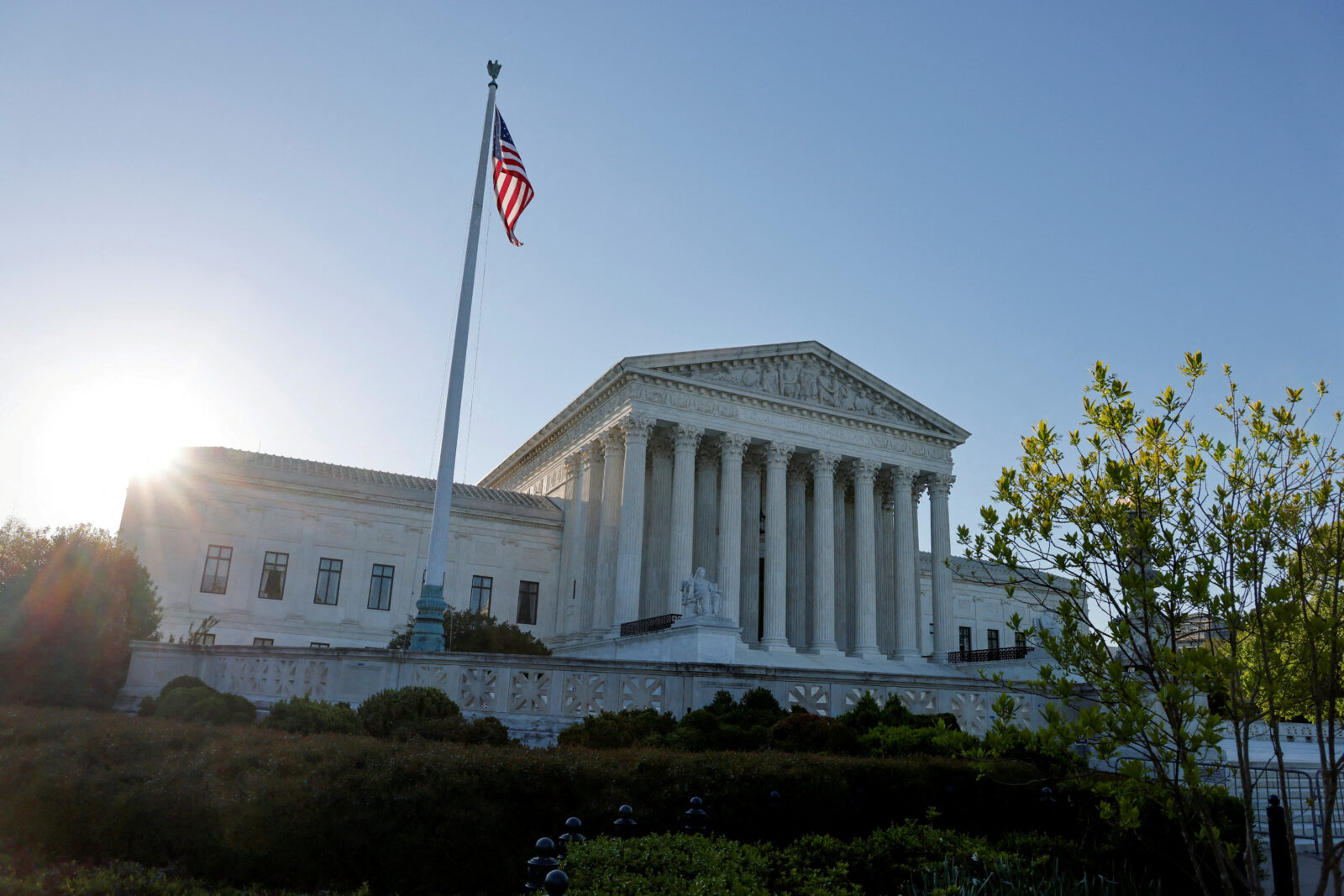


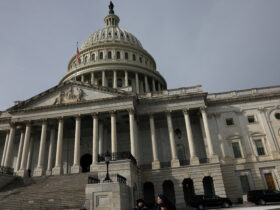

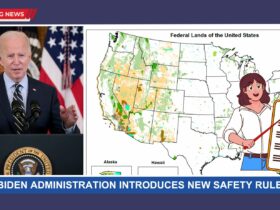
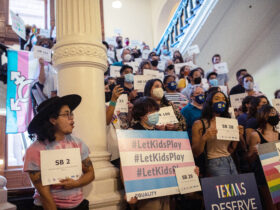
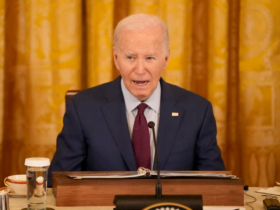






Leave a Reply